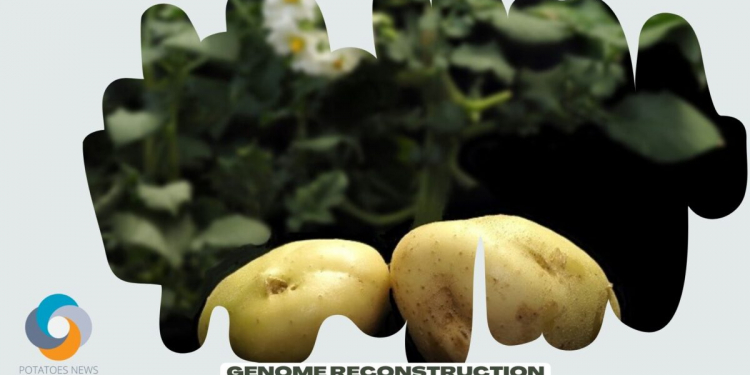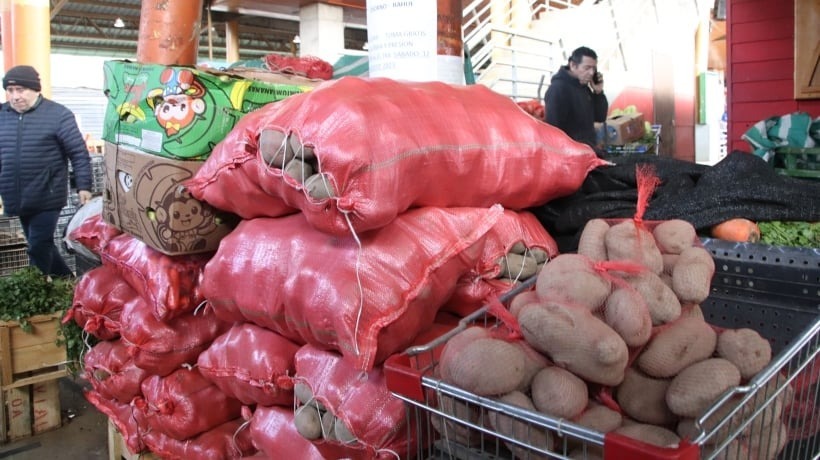More than 20 years after the first release of the human genome, scientists at the Ludwig-Maximilians-Universität München and the Max Planck Institute for Plant Breeding Research in Cologne, Germany, have for the first time deciphered the highly complex genome of the potato. Their impressive technical feat, published in Nature Genetics, will accelerate efforts to breed superior varieties, the Max Planck Society says in a news release.
“The potato is becoming more and more integral to diets worldwide including even Asian countries like China where rice is the traditional staple food. Building on this work, we can now implement genome-assisted breeding of new potato varieties that will be more productive and also resistant to climate change—this could have a huge impact on delivering food security in the decades to come,” says Prof. Korbinian Schneeberger about the potential unlocked by his study.
Researchers in the group of Prof. Korbinian Schneeberger were able to generate the first full assembly of a potato genome using a simple yet elegant trick. Instead of trying to differentiate the four, often very similar, chromosome copies from each other, Korbinian Schneeberger together with Hequan Sun and co-workers circumvented this problem by sequencing the DNA of large numbers of individual pollen cells.
In contrast to all other cells, each pollen cell contains only two random copies of each chromosome; this allowed the scientists to reduce the complexity of the problem and finally to reconstruct the sequence of the entire genome.





